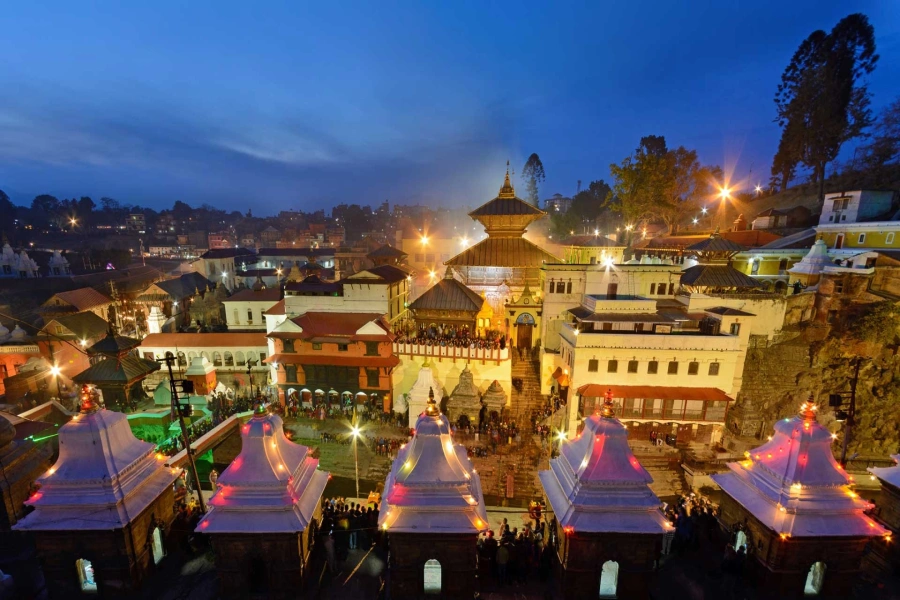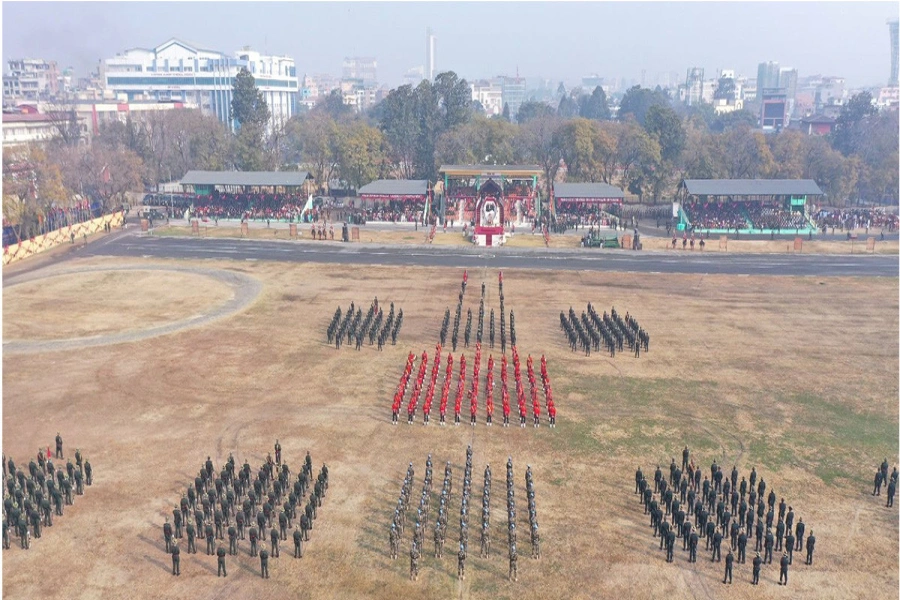Prime Minister KP Oli, speaking at a function organized in Kathmandu on January 30 for the signing of a memorandum of understanding between the Dhurmus-Suntali Foundation and Bharatpur Metropolitan City to construct an international cricket stadium in Chitwan, said: “This winter, no one will freeze to death, we will not allow that to happen. The days of cold wave are over now. No one died of cold wave [this year] because we have dispatched enough blankets and distributed to the needy. We were prepared beforehand and provisioned enough firewood and blankets.”
South Asia Check examined the prime minister’s claim.
The tarai region experiences foggy weather condition when the minimum temperature increases and the maximum temperature decreases narrowing the difference between them. We compared the minimum and maximum temperatures recorded from Dec 24 to Feb 15 in 2003/04 with this season’s daily temperatures during the same period.
1,523 blankets distributed to cold wave survivors

According to the records maintained by the Department of Hydrology and Meteorology (DHM), this winter, the daily minimum temperatures have gone below the ones recorded in 2003/04 from Dec 24 to Feb 15, while the maximum temperature for winter days are higher than in 2003/04.
This indicates a greater difference in minimum and maximum temperatures this winter as compared to 2003/04 minimizing the chances of fog.
Also, the DHM record shows no foggy condition was forecasted this year whereas the tarai region experienced 19 foggy days in the winter of 2003/04.
So, we can say the prime minister’s claim that tarai cold wave deaths were prevented by supplying enough blankets on time is wrong because tarai did not experience foggy weather this winter.
(southasiacheck.org is a Nepal-based fact-checking initiative)
Southasiacheck.org






































